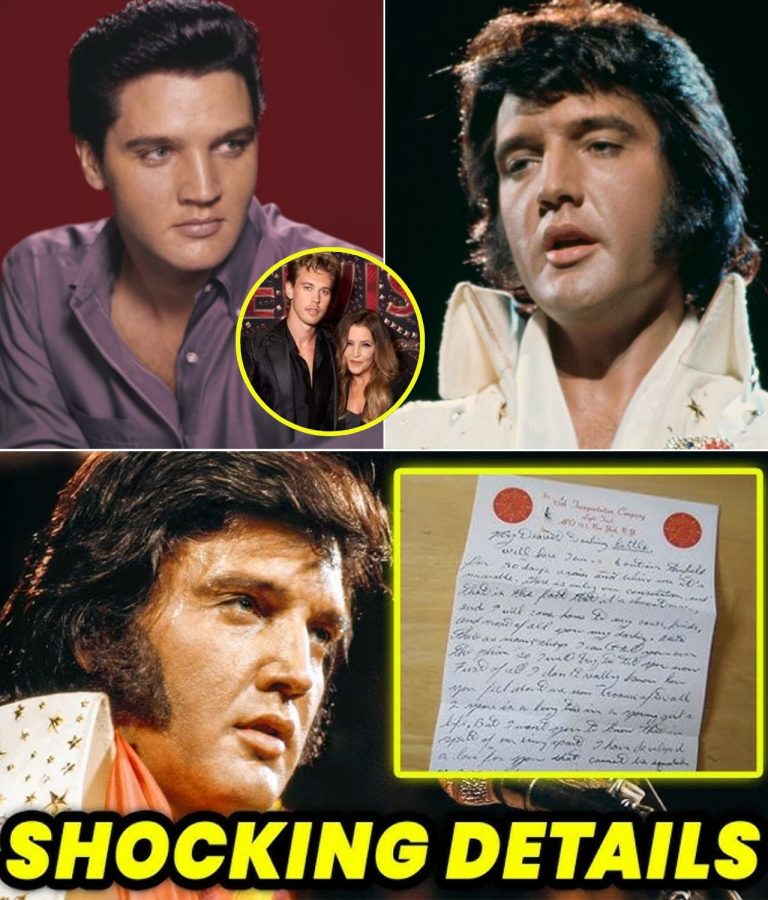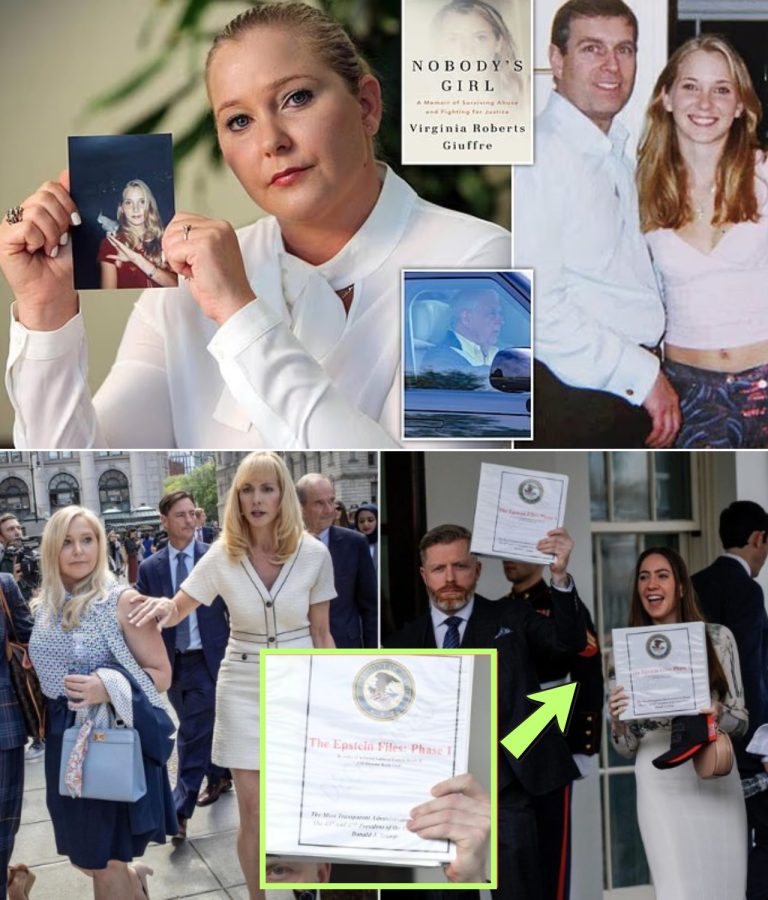Beyoncé’s rich lineage in the South extends far beyond the realms of modern country music, highlighting the deep roots and diverse influences that have shaped the genre. This history raises important questions about authenticity and inclusivity in country music, particularly in light of recent comments from country star Luke Bryan. His assertion that artists should “come into our world and be country with us” has sparked a conversation about respect and recognition within the music industry.

Beyoncé, an icon in the music world, has often drawn from her Southern heritage, incorporating elements of gospel, R&B, and soul into her work. Her connection to the South is not just a backdrop; it is a fundamental part of her identity and artistry. This lineage predates the emergence of country music, which itself has been shaped by a myriad of cultural influences, including African American musical traditions. The blending of these styles has enriched the genre, making it a tapestry of varied sounds and stories.
Luke Bryan’s comments have been interpreted by many as dismissive of the contributions that artists like Beyoncé can make to country music. His call for artists to conform to a specific mold raises concerns about gatekeeping in a genre that has historically evolved through collaboration and cross-pollination. Critics argue that such statements undermine the spirit of inclusivity that should be at the heart of music as a whole.

The country music landscape has seen significant change over the years, with artists from diverse backgrounds increasingly making their mark. This evolution mirrors broader societal changes and reflects the genre’s ability to adapt and grow. Beyoncé’s foray into country music, particularly through her collaboration with the Chicks on the song “Daddy Lessons,” serves as a powerful reminder that the genre can thrive by embracing a wide array of influences.
Beyoncé’s presence in country music is not just about genre; it’s about acknowledging the cultural heritage that has always been a part of the Southern experience. By inviting artists from different backgrounds to share their stories, the genre can continue to flourish and resonate with a broader audience.

The conversation sparked by Luke Bryan’s comments serves as a crucial reminder that respect and recognition are vital in the music industry. As artists continue to push boundaries and explore new creative avenues, it is essential to celebrate the diverse influences that contribute to the fabric of country music. By doing so, the genre can honor its past while paving the way for a more inclusive future.
In the end, music is a universal language that thrives on diversity and collaboration. As we celebrate the rich tapestry of sounds that shape country music, let us remember to embrace all voices that have a place in this ever-evolving story.






